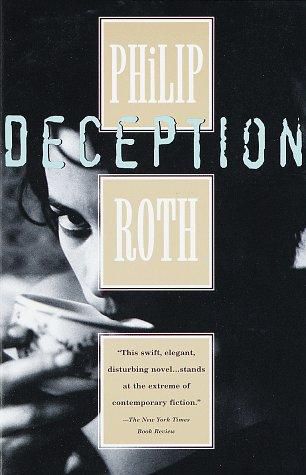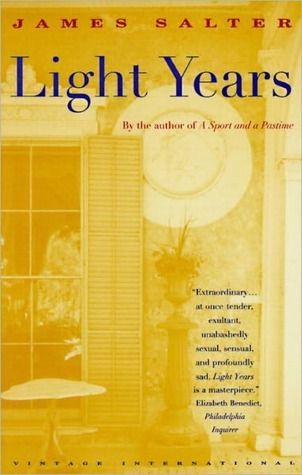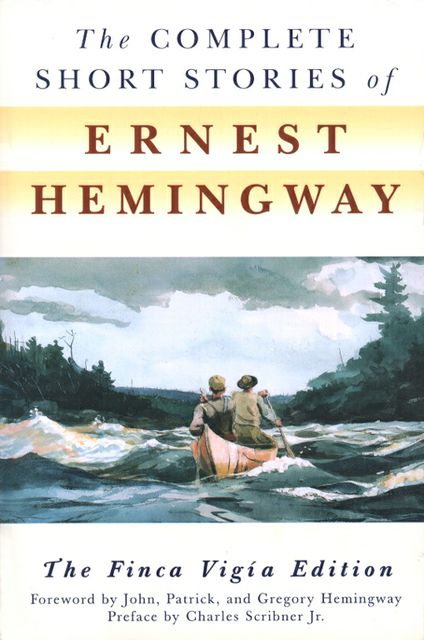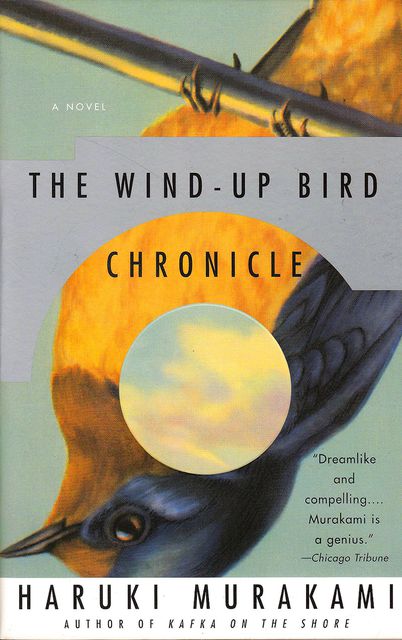
Claire Danes
I haven't lost myself in a book in a while — I've been in a bit of a dry spell. I usually get books from friends whose taste I trust, and my dad did give me a subscription to the New York Review of Books this year. He likes it and thought I would, too. He's a voracious reader. I have friends who read entire novels in the bath, and I'm not like that — I don't zip through books. But I invest in them completely. And I'm very interested in intimacy — how people relate to each other, what the inherent limitations are of choosing to love someone, and how we are very limited, actually, in our efforts to escape our loneliness. I think there is a strong sense of loneliness in all the stories I've picked. They're full of people who feel a bit abandoned. I don't know why I am drawn to that, but I am.
Claire Danes is an American actress, who first came to prominence with her role as Angela Chase in the 1994 series My So-Called Life. The role won her the first of four Golden Globe Awards.









